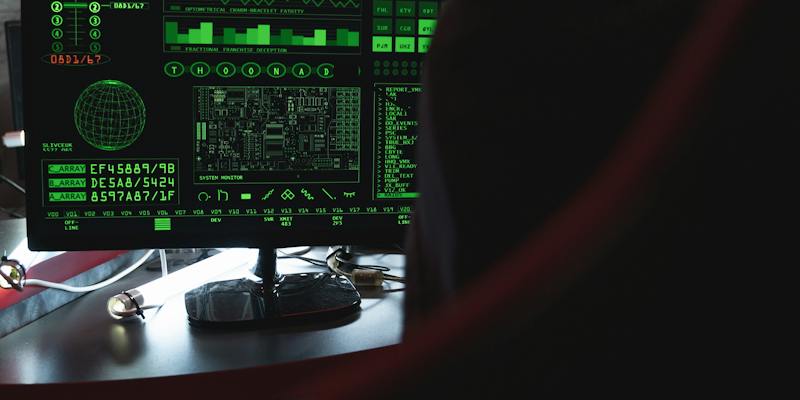Juniper Networks, a renowned provider of networking solutions, has recently released multiple security advisories detailing over 100 vulnerabilities affecting its products. These advisories highlight critical flaws, with one particularly severe vulnerability, CVE-2024-21591, posing significant risks to Junos OS on SRX series firewalls and EX series switches. These vulnerabilities, if exploited, could lead to a denial-of-service (DoS) condition, arbitrary code execution, and even unauthorized root access.
Overview of Critical Vulnerabilities
Among the array of vulnerabilities disclosed by Juniper Networks, CVE-2024-21591 stands out as the most critical. This flaw has the potential to cripple Junos OS on SRX series firewalls and EX series switches, enabling an unauthenticated network-based attacker to trigger a DoS condition or execute arbitrary code, thereby gaining root privileges. The severity of this vulnerability necessitates immediate attention and prompt patching.
Patching Third-Party Component Flaws
In addition to addressing vulnerabilities within its own products, Juniper Networks has also recognized critical flaws present in numerous third-party components, including Juniper Security Director Insights, Session Smart Router, and CTPView. These patches reinforce the security of these components and help safeguard against potential exploitation, enhancing the overall resilience of Juniper’s product ecosystem.
High Severity Vulnerabilities
The security advisories have assigned a ‘high severity’ rating to 10 vulnerabilities, with the most alarming aspect being their potential to facilitate DoS attacks without requiring authentication. In addition, privilege escalation vulnerabilities and sensitive information disclosure issues have been identified. These vulnerabilities demand immediate remediation to prevent any potential breach or unauthorized access to sensitive information.
Medium Severity Vulnerabilities
Among the disclosed vulnerabilities, over a dozen have been classified as ‘medium severity,’ primarily rendering affected systems susceptible to DoS attacks. While these may not pose an immediate existential threat, they still require attention and remediation to maintain the integrity and availability of the affected Juniper products.
Lack of Awareness of Exploitation
Fortunately, Juniper Networks has not reported any instances of attacks exploiting these vulnerabilities as of yet. However, it is vital for affected customers to remain vigilant and ensure they implement the recommended security patches promptly. Proactive security measures can significantly minimize the risk of potential exploits.
Exposure of J-Web Configuration Interface
Disturbingly, recent findings by Censys indicate that over 11,500 instances of the impacted J-Web configuration interface have been exposed to the internet. This further underscores the urgent need for organizations to address the vulnerabilities promptly and configure their systems securely to mitigate the risk of unauthorized access or attacks.
Acquisition Agreement with HPE
In a significant development earlier this month, Hewlett Packard Enterprise (HPE) announced its definitive agreement to acquire Juniper Networks for a substantial $14 billion in cash. This move presents an opportunity for both companies to strengthen their capabilities and offer integrated networking and security solutions to their clients. However, in light of the recently disclosed vulnerabilities, it becomes crucial for HPE to ensure thorough security evaluations and rigorous audits during the integration process.
Juniper Networks’ release of multiple security advisories serves as a timely reminder of the importance of proactive security measures and timely patching. While it is crucial to address the critical vulnerabilities affecting Junos OS, SRX series firewalls, and EX series switches immediately, it is equally significant to take the necessary steps to address flaws in third-party components through crucial patches. Organizations that rely on Juniper Networks products must prioritize and implement the recommended security measures to protect against potential Denial of Service (DoS) attacks, unauthorized access, and data breaches. As the acquisition agreement with HPE progresses, maintaining a secure and resilient network infrastructure will necessitate ongoing vigilance and robust security practices.

